Elevated cholesterol is one of the biggest risk factors for heart attack and stroke. Therefore, raising awareness of what may be the cause of high cholesterol is essential. But it is also important to know how we can help ourselves to lower it successfully. The future belongs to natural statins!
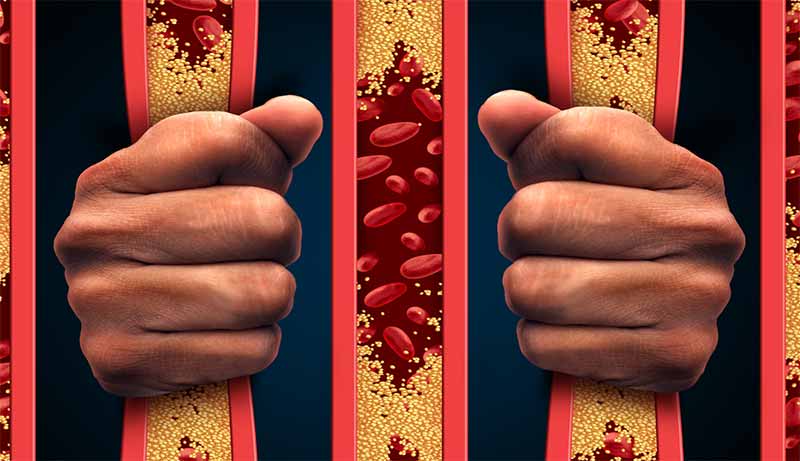
The National Institute of Public Health (NIJZ) has been researching for years how healthy we Slovenes are, and at the same time educating us on how we could improve our health. "Cardiovascular diseases have been the most common cause of adult morbidity and mortality in the developed part of the world and in Slovenia for decades," they warn. In order to prevent such diseases, we need to monitor their risk factors, which include high cholesterol. We may not be able to influence our hereditary design, but we can certainly influence our choices, which can be a quick road to dangerous health complications or our reliable shield against disease. So what should be our decisions to keep our cholesterol levels as ideal as possible?
THIS IS GOOD FOR YOU
Instead of food that harms you, reach for one that can benefit you. More frequent consumption of pistachios (choose unsalted), cinnamon (add it to compote or smoothies), hummus (spread with chickpeas, garlic and parsley), olive and pumpkin oil (cold pressed, which is added to salads) can help lower cholesterol. artichokes (and other vegetables famous for their antloxidative action), citrus fruits, blueberries, cranberries, bananas and fruits in general, and fish that are rich in omega-3 fatty acids that help lower triglyceride levels. Adequate nutrition is, in addition to adequate exercise, the most we can do for ourselves both in preventing high cholesterol and lowering its levels. On the other hand, we are further threatened by smoking, overweight, excessive alcohol consumption and long-term exposure to stress. Just one of these factors can nullify all the remaining effort and good habits we stick to so we don’t have cholesterol problems.
TRANS FAT
Not all fats are bad, as those that are classified as healthy fats are a good source of energy, contain essential fatty acids and fat-soluble vitamins (A, D, E, K). The problem arises, however, if we mainly resort to food that hides trans fats. These are often found in various desserts, such as croissants, donuts, wafers, and in general in sweets found on store shelves, in fried foods (french fries, etc.) and elsewhere. They are also very likely to be found in meals we eat outside in restaurants, which we conclude do not change cooking oils often. "Due to their structural properties, trans fats are much easier to bind to the walls of blood vessels and thus, according to the World Health Organization, pose a serious risk factor for the development of chronic cardiovascular diseases, strokes and some cancers. According to some estimates, the risk is even 10 times higher than if we consume mostly saturated fats (meat fat, butter, coconut fat). The most consistent and convincing evidence for their impact on the development of cardiovascular disease, and more and more research suggests the possibility of their impact on the development of certain cancers, neurological disorders, eye disease, diabetes, obesity, liver disease, as well as the impact on infertility and infant development. They also increase the need for essential fatty acids because they compete with them for the same enzyme systems. Trans fats are a proven risk factor for the development of cardiovascular diseases, so their share in the diet should be limited as much as possible, "the NIJZ advises.
CHOLESTEROL IS CONTROLLED BY THE LIVER
“Since the liver is the main organ of cholesterol production, it is clear that they mainly decide how much cholesterol will be produced and what quality it will be. Fatty and poorly functioning livers also excrete ingredients that promote inflammation, ”warns Alja Dimic. another way you can try to get rid of high cholesterol is therefore to take care of a healthy liver. They are best taken care of with a quality three-month detoxification.
EFFECTIVE NATURAL SOLUTION
After all, solutions to lower harmful cholesterol are not just hidden in synthetic statins. We know that almost half of people who have been prescribed chemical statins by doctors do not take these because of the negative side effects. That is why it is all the more important that there is also effective natural help. With natural statins, we can skillfully avoid many of the side effects of other medications, so they are worth a try. One of the main weapons of natural medical devices for lowering cholesterol or biostatins is chitosan, which is obtained from the cartilaginous shells of marine animals. Chitosan is recommended in the treatment of dyslipidemia (disorders of fat metabolism) and hypercholesterolemia (elevated blood cholesterol), two important risk factors for cardiovascular disease. It is a polysaccharide that works at the level of the duodenum, so that it electrostatically binds the micelles of bile acids and fats ingested with food. By its action, it reduces the absorption of fats through the intestines and promotes the excretion of fats in the faeces. Decreased absorption of fats through the intestinal mucosa also indirectly has the effect of lowering blood cholesterol levels. Chitosan thus lowers "bad" cholesterol in the blood and at the same time forms a viscous gel in the digestive tract, which limits the absorption of fats and accelerates their excretion. Its extraordinary power was further enhanced by experts when they combined chitosan with some other ingredients of plant origin, fermented red rice, bioflavonoids, artichoke and vitamin C with antioxidant action. It is this natural winning combination that is the key to fighting high cholesterol and therefore the right solution for you as well.
DO YOU TAKE ENOUGH SLEEP?
The increased value of cholesterol therefore poses a threat to human health and even life, and cholesterol is within normal limits for our body, as it participates in the regeneration and healing of tissues. One theory thus says that cholesterol actually rises when inflammatory processes take place in the body. "Therefore, in order to lower cholesterol levels (or the number of LDL particles), we must first reduce chronic inflammation," believes Alja Dimic, a certified nutrition therapist from the Holistic Center. Chronic inflammation is alleviated by, among other things, controlling blood sugar, allergies and intolerances, eating a diet that does not cause additional inflammation in the body (especially sugar and simple carbohydrates should be avoided), and getting enough sleep to the body can regenerate during this time. Too little sleep can therefore also be the cause of high cholesterol.





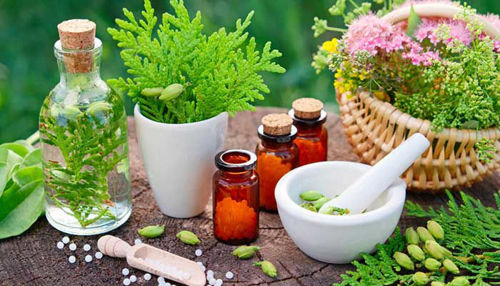
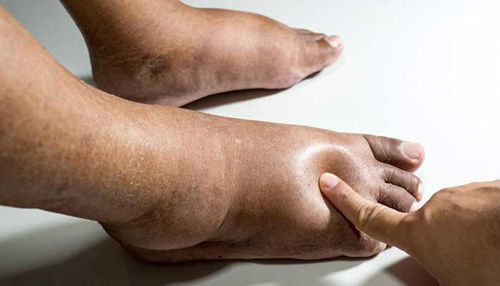
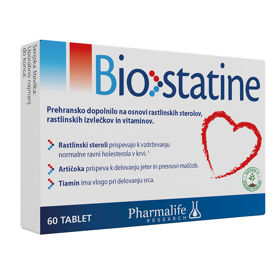
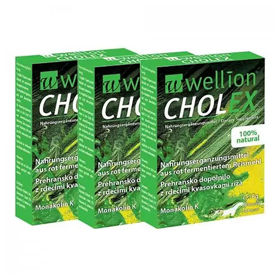
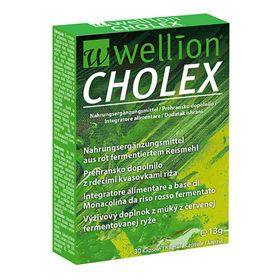
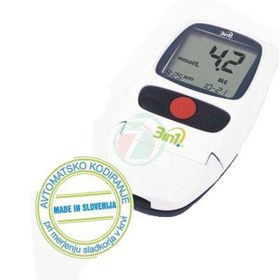

 Facebook
Facebook
 Instagram
Instagram
 info@moja-lekarna.com
info@moja-lekarna.com

